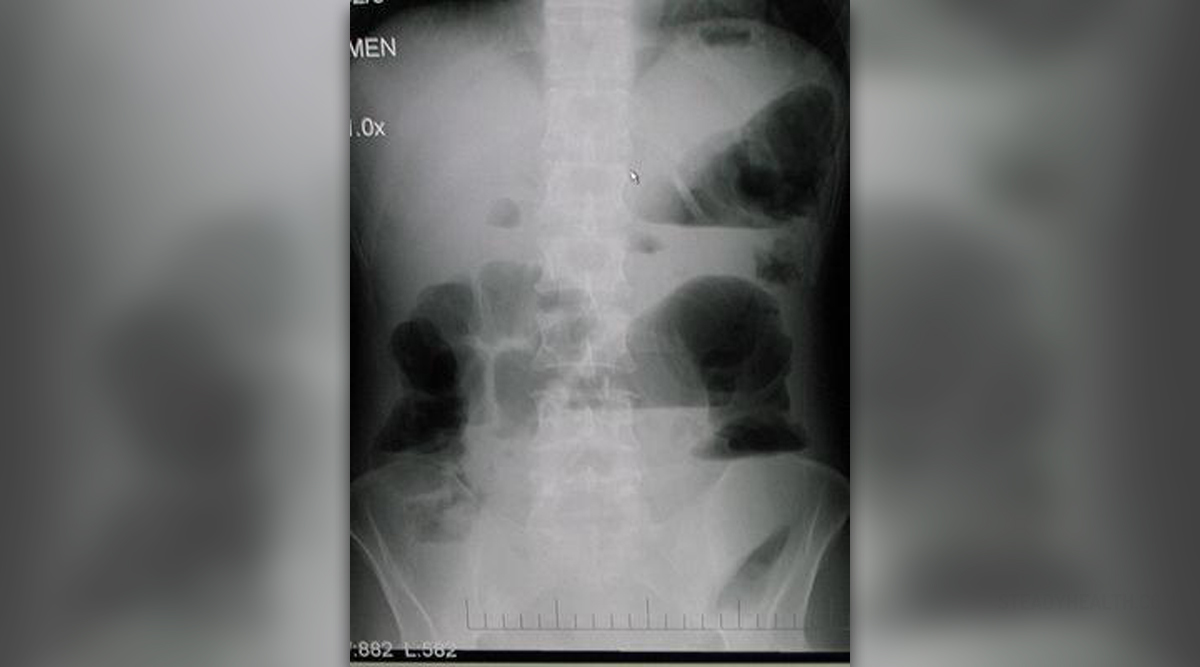It is estimated that colon cancer represents the second most commonly diagnosed cancer in the United States in both, men and women. This malignant tumor affects the large intestine and starts growing from the inner lining. The growth of the tumor is usually slow and it is mostly diagnosed once it has advanced significantly. In some cases the tumor is diagnosed only when it has already spread to the nearby organs such as the liver.
End Stage Bowel Cancer
End stage bowel cancer is, similarly to end stage of any other cancer, quite painful and accompanied by various different difficulties and problems. The terminal stage may significantly differ among patients which predominantly depends on the affected tissues and organs.
Patients in terminal stage are generally weak, skinny and have no energy. Their appetite is significantly reduced and they refuse to eat. It is also difficult to make them drink and this is why they may benefit from intravenous fluids. In advanced stages of the disease the tumor spreads to surrounding or distant organs and causes many different problems. Anemia is one of them. Namely, anemia develops as a consequence of improper intake of food (red meat in particular) and it may also occur due to prolonged loss of blood from the tumor and its metastases.
Patients suffering from end stage bowel cancer also have different problems regarding the digestive tract. Namely, excessive growth of the tumor may cause ileus and bowel obstruction. The very presence of the large tumors may be associated with nausea and vomiting and some patients also experience abdominal pain.
Spread of the tumor to the liver is generally accompanied by jaundice and pain in the right upper part of the abdomen. Patients in whom the tumor has spread to the lungs may develop serious breathing difficulties while those with brain metastases suffer from headaches and a variety of neurological signs such as paralysis, vision disturbances, problems with coordination etc. Increased intracranial pressure may also cause coma.
It is also essential to mention bone metastases. They are quite hard to deal with because they are very painful. Patients with bone metastases require proper treatment of pain most commonly with opiates.
Treatment Options for End Stage Bowel Cancer
Terminal stage of bowel cancer includes symptomatic treatment. The goal is to reduce all the symptoms and signs of the disease, if possible, and make life more easier for patients. Such patients may be treated with different palliative treatments. They also require parenteral nutrition, medications for pain, drugs that can control increase of the pressure inside the head etc. Those suffering from bone metastases may benefit from palliative radiation therapy. And finally, since these patients are bed ridden caregivers are supposed to pay close attention and prevent development of bed sores.
Life Expectancy for Bowel Cancer Patients
- Around 90 out of 100 people (around 90%) with stage 1 bowel cancer (also called Dukes' A) will survive their cancer for 5 years or more after they're diagnosed.
- More than 80 out of 100 people (more than 80%) with stage 2 bowel cancer (also called Dukes' B) will survive their cancer for 5 years or more after they're diagnosed.
- Almost 70 out of 100 people (almost 70%) with stage 3 bowel cancer (also called Dukes' C) will survive their cancer for 5 years or more after they're diagnosed.
- 10 out of 100 people (10%) with stage 4 bowel cancer (also called Dukes' D) will survive their cancer for 5 years or more after they're diagnosed. If the cancer has spread into the liver and the surgeon can remove it, more than 40 out of 100 people (more than 40%) will survive their cancer for 5 years or more after their operation.
- Generally for people with bowel cancer in England: almost 80 out of 100 people (almost 80%) survive their cancer for 1 year or more; almost 60 out of 100 people (almost 60%) survive their cancer for 5 years or more; almost 55 out of 100 people (almost 55%) survive their cancer for 10 years or more.
- The terms 1 year survival and 5 year survival don't mean that you will only live for 1 or 5 years. The Office for National Statistics (ONS) and researchers collect information. They watch what happens to people with cancer in the years after their diagnosis. 5 years is a common time point to measure survival. But some people live much longer than this. 5 year survival is the number of people who have not died from their cancer within 5 years after diagnosis.


















Your thoughts on this
Loading...